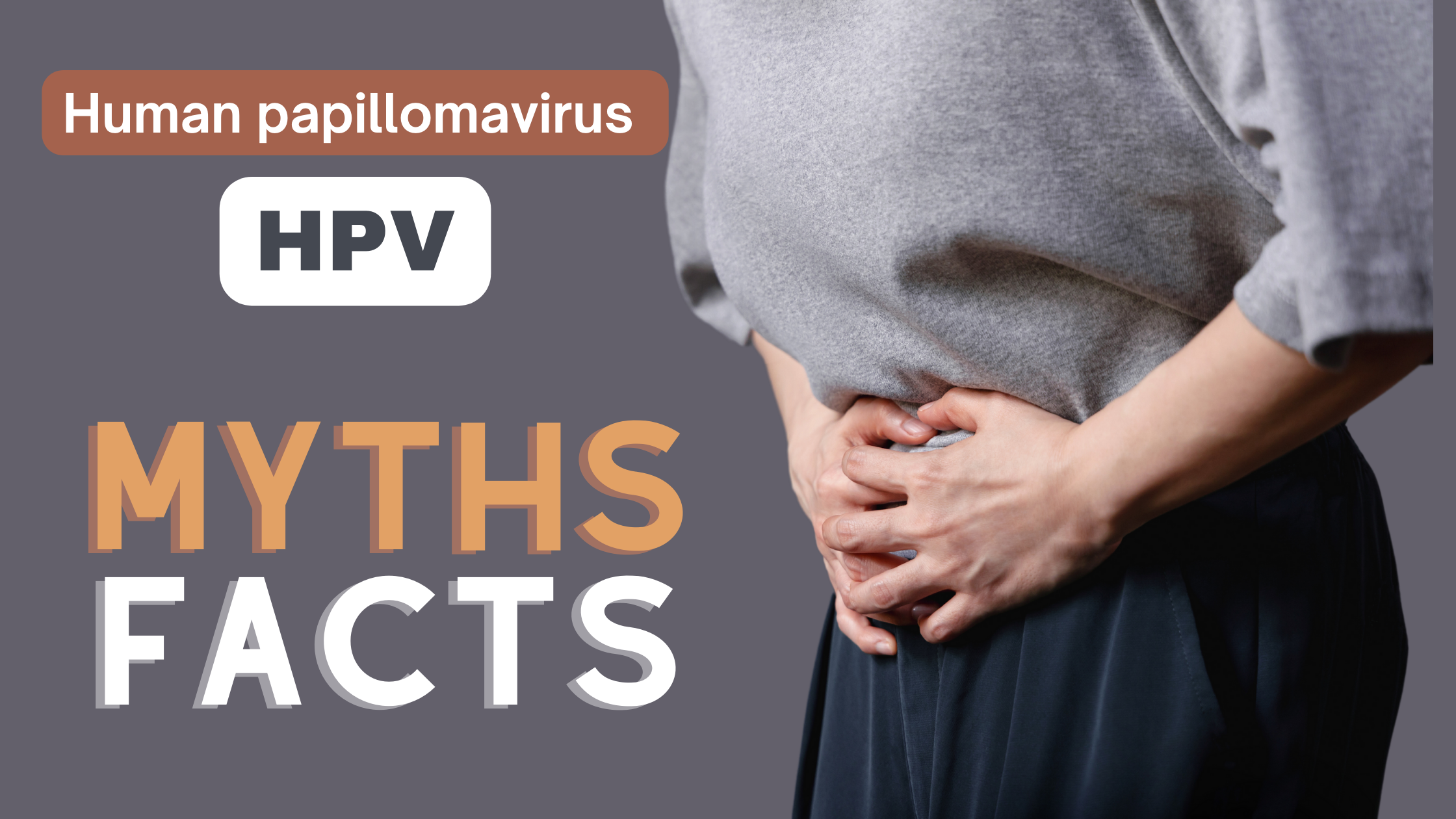Human papillomavirus (HPV) is a common sexually transmitted infection that can lead to various health issues, including genital warts and certain types of cancer. However, there are several myths surrounding HPV that can contribute to misinformation and misunderstandings. Here are seven common myths about HPV:
1. Myth: Only women can get HPV
Fact: Both men and women can get HPV. HPV is a sexually transmitted infection, and it can affect anyone who is sexually active, regardless of gender.
2. Myth: Condoms provide complete protection against HPV
Fact: While condoms can reduce the risk of HPV transmission, they do not provide complete protection. HPV can be transmitted through skin-to-skin contact in the genital area, which may not be covered by a condom.
3. Myth: HPV only affects people who have multiple sexual partners
Fact: While having multiple sexual partners can increase the risk of HPV infection, it is possible to get HPV from just one sexual partner. Additionally, HPV can be transmitted through non-penetrative sexual activities.
4. Myth: HPV always causes visible symptoms
Fact: Many people with HPV do not experience any symptoms and may not even know they are infected. Some strains of HPV can cause genital warts, while others can lead to cancer without causing any visible signs.
5. Myth: HPV always leads to cancer
Fact: While certain strains of HPV are associated with an increased risk of cancer, most HPV infections do not lead to cancer. In many cases, the immune system clears the virus from the body without any long-term complications.
6. Myth: HPV is only transmitted through sexual intercourse
Fact: While sexual intercourse is a common mode of transmission for HPV, the virus can also be spread through other types of sexual contact, such as oral sex and skin-to-skin genital contact.
7. Myth: There is no way to prevent HPV
Fact: Safe practices, and getting regular std and HPV tests are ways to prevent HPV
It's important to dispel these myths and educate individuals about the risks of HPV, as well as the importance of vaccination and regular screening for certain HPV-related cancers, such as cervical cancer.





